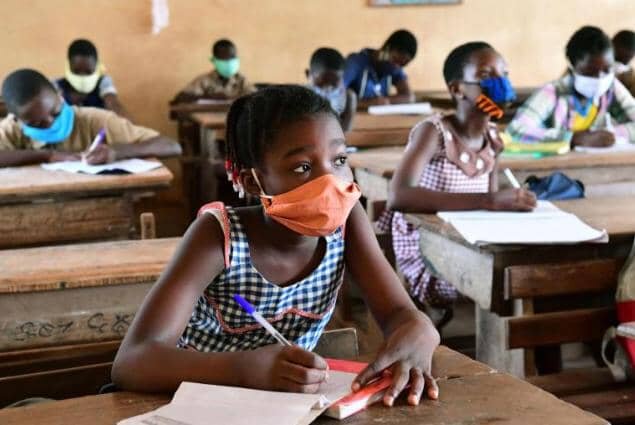
4 countries launch $134 m project to eliminate use of mercury in medical devices
The Governments of Albania, Burkina Faso, India, Montenegro and Uganda have teamed up to launch ...

An international report said learning poverty affects a staggering 89% of children in Sub-Saharan Africa.
Although the rise in learning poverty was smaller in comparison with other regions because school closures were usually brief. But even here, COVID-19 had disastrous consequences, according to the report from leading world bodies, including the World Bank and UNESCO.
UNICEF, the UK government’s Foreign Commonwealth and Development Office (FCDO), USAID and the Bill & Melinda Gates Foundation joined the World Bank and UNESCO in publishing the report.
All regions saw rises in learning poverty, but Latin America and the Caribbean were the worst affected, the report shows. In these areas, an estimated 80% of children are unable to understand a simple written text by the time they leave primary school. That’s up from around 50% before the pandemic.
The next largest increase was seen in South Asia, where the report’s authors say 78% of children are now likely to fail the same basic literacy test (compared with 60% pre-pandemic).
The report said 70% of 10-year-olds in low- and middle-income countries are now unable to read and understand a simple written text – the measure of learning poverty.
That could mean the generation of students whose schooling was hit by COVID-19 stand to lose a massive $21 trillion in lifetime earnings – more than earlier estimates and amounting to 17% of today’s global GDP.
The research comes from international agencies that have pledged to work together to confront what they describe as the “worst shock to education and learning in recorded history”.
“We can’t let children’s learning become yet another casualty of the COVID-19 pandemic,” said UNICEF Global Director of Education Robert Jenkins.
National coalitions for learning recovery – including governments, families, educators and businesses – will be needed, said the report.
“It is not enough for children to return to school. The curriculum and teaching must adjust to meet students’ learning needs.” Countries urgently need to focus on the most cost-effective ways to counter learning poverty, said the World Bank.
The Governments of Albania, Burkina Faso, India, Montenegro and Uganda have teamed up to launch ...
Paragon Developments has teamed up with Adeer International, PMaestro alongside their German partner, QNTF, to ...
Crédit Agricole Egypt Foundation for Development and Schneider Electric have successfully concluded the Second Phase ...


اترك تعليقا